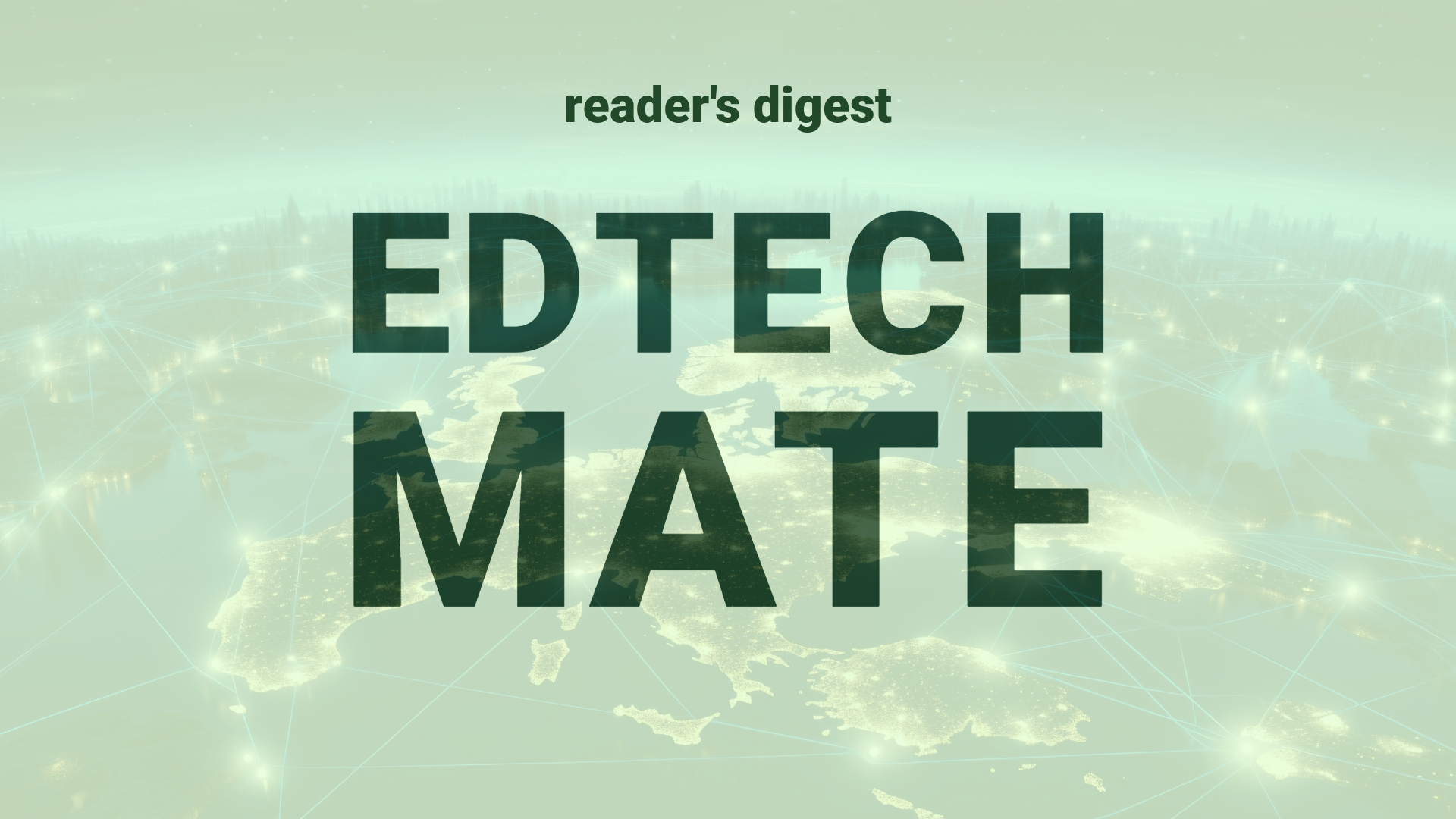Executive Summary and Main Points
In the context of global higher education dynamics and digital transformation, key trends and innovations have emerged. The recent news of Tesla laying off more than 10% of its global workforce points towards strategic reorganization and cost reduction tactics that can parallel trends in educational institutions. Tesla’s challenges hint at the need for increased competition, innovation, and productivity—conceptual cornerstones equally relevant to the education technology sector as it navigates evolving digital landscapes.
Potential Impact in the Education Sector
The Tesla layoff news, reflective of broader economic trends, suggests potential implications for Further Education and Higher Education, where budgetary constraints necessitate efficiency and innovation. The rise of Micro-credentials illustrates the sector’s shift toward specialized, cost-effective education, emphasizing the need for strategic partnerships and alliances to enhance global competitiveness. Similarly, educational institutions could reimagine their operations and incorporate digitalization to remain viable and adaptable in the changing economy.
Potential Applicability in the Education Sector
Tesla’s review for productivity could inspire similar efficiency audits within educational technology applications. AI-driven administrative tools could streamline operations and reduce overhead, whereas adaptive learning platforms can personalize education, maximizing resource utilization. The integration of digital tools and machine learning algorithms can lead to substantial advancements in student services, academic research, and global educational collaboration.
Criticism and Potential Shortfalls
Critical reflection reveals potential shortfalls in simply transposing business strategies like Tesla’s into the educational sector. Unlike corporations, educational institutions carry distinct ethical and cultural responsibilities. Comparative international case studies show varying success levels when implementing cost-cutting measures, which can sometimes detrimentally impact the quality of education. Additionally, indiscriminate applications of AI and digital tools must be scrutinized for potential biases and access inequalities, ensuring they align with inclusive educational values.
Actionable Recommendations
To leverage technology responsibly within global education systems, leadership should focus on:
1. Conducting comprehensive audits of existing infrastructure to identify opportunities for digital enhancements.
2. Forming strategic partnerships that can bring fresh perspectives and innovative technologies into the educational fold.
3. Piloting AI applications in non-critical areas to assess their efficacy and ethical alignment with institutional goals.
4. Ensuring an inclusive approach to digital transformation that takes into account diverse student needs, access issues, and cultural considerations.
Source article: https://www.cnbc.com/2024/04/15/tesla-shares-dip-in-premarket-trade-on-global-layoff-reports.html

